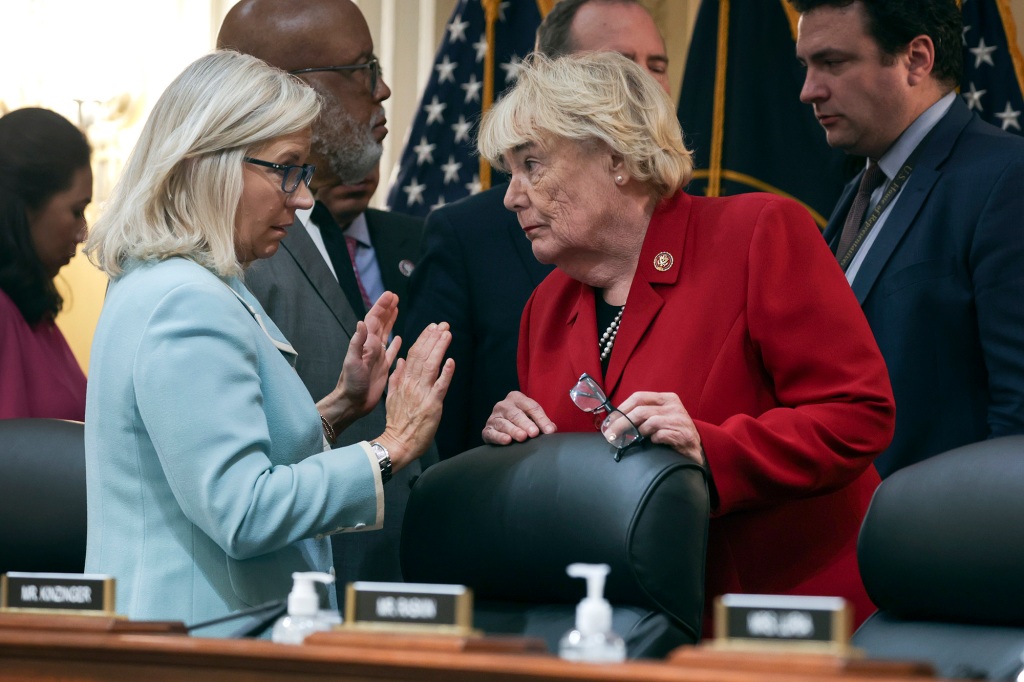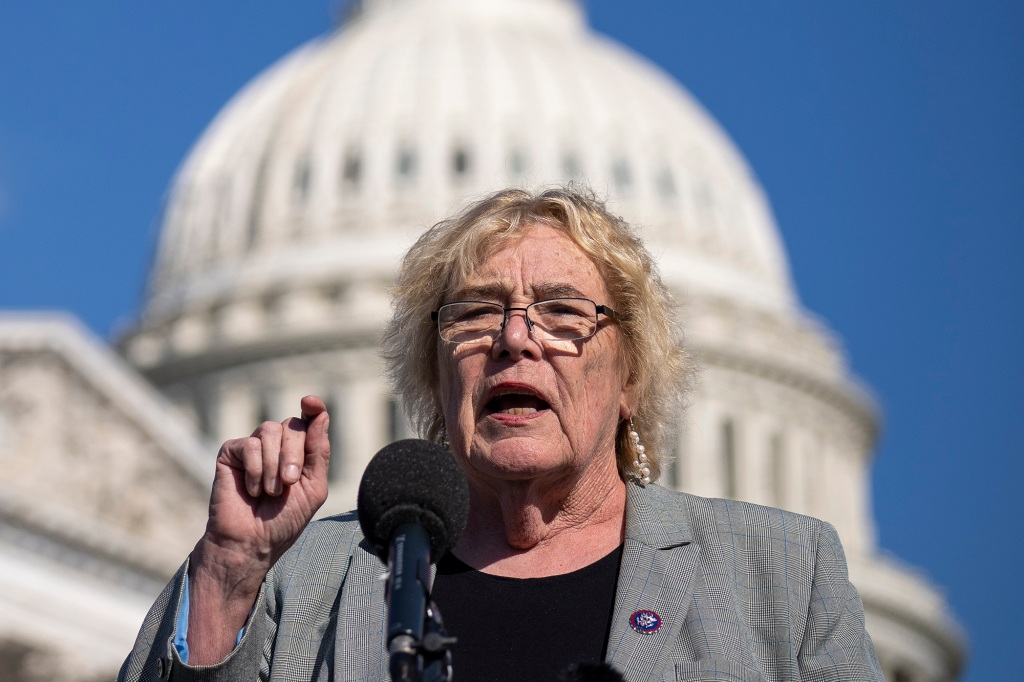House passes bill overhauling process to certify elections
The House passed a bill overhauling the process to certify a presidential election in the wake of the Jan. 6 riots at the Capitol that sought to disrupt the results of the 2020 race.
The legislation passed the House 229-203 on Wednesday with nine Republicans joining all Democrats in voting in approval.
None of the nine GOP lawmakers are returning to Congress next year.
The measure revamps the 1887 Electoral Count Act that spells out along with the Constitution how the states and Congress certify electors and declare presidential election winners.
The process, which happens every four years, came under scrutiny after violence broke out on Jan. 6, 2021, as a mob of supporters of then-President Donald Trump attempted to derail the certification.
Rep. Liz Cheney, the top Republican serving on the House select committee investigating Jan. 6, said the legislation will protect election results.
“Our bill will preserve the rule of law for all future presidential elections by ensuring that self-interested politicians cannot steal from the people the guarantee that our government derives its power from the consent of the governed,” said Cheney, who co-sponsored the bill with Rep. Zoe Lofgren (D-Calif.).
Prior to the vote, House Speaker Nancy Pelosi called it a “kitchen table issue” for Americans to defend democracy.
“Let me be clear. This is a kitchen table issue for families, and we must make sure this anti-democratic plot cannot succeed,” the California Democrat said in a House floor speech.
“It’s a kitchen table issue because denying the American people their fundamental freedom to choose their own leaders denies them their voice in the policies we pursue, and those policies can make tremendous difference in their everyday lives,” she said.

Republicans in the House, who agreed that the rules needed to be updated, opposed the Cheney/Lofgren bill because they say it went too far.
“House Democrats are desperately trying to score cheap points on a bill that does nothing to improve the Electoral Count Act and does everything to take away constitutional and state sovereignty over elections,” Rep. Guy Reschenthaler (R-Pa.) said in a speech.
It’s unclear how the legislation will fare in the Senate, which is also considering a bill to reform the act.

The Senate version has the support of 10-Republican co-sponsors, which would pave the way for passage in the 50-50 divided chamber.
The House bill clarifies the vice president’s role in presiding over the count as ceremonial and dictates that the vice president cannot change the results.
It also says states can only send one certified set of electors to Congress after team Trump unsuccessfully attempted to create alternate slates of pro-Trump electors in swing states that Biden won.

“This bill will make it harder to convince people that they have the right to overthrow an election,” Lofgren said.
The House bill requires one-third of the members of the House and Senate to object to state electors, rather than the current one lawmaker in each chamber.
The Senate version would require one-fifth of the lawmakers in both chambers to object.
Republicans who voted for the act include Reps. Cheney, Adam Kinzinger of Illinois, Fred Upton of Michigan, Peter Meijer of Michigan, Tom Rice of South Carolina, Jaime Herrera Beutler of Washington, Anthony Gonzalez of Ohio, John Katko of New York and Chris Jacobs of New York.
With Post wires
Read the full article Here


